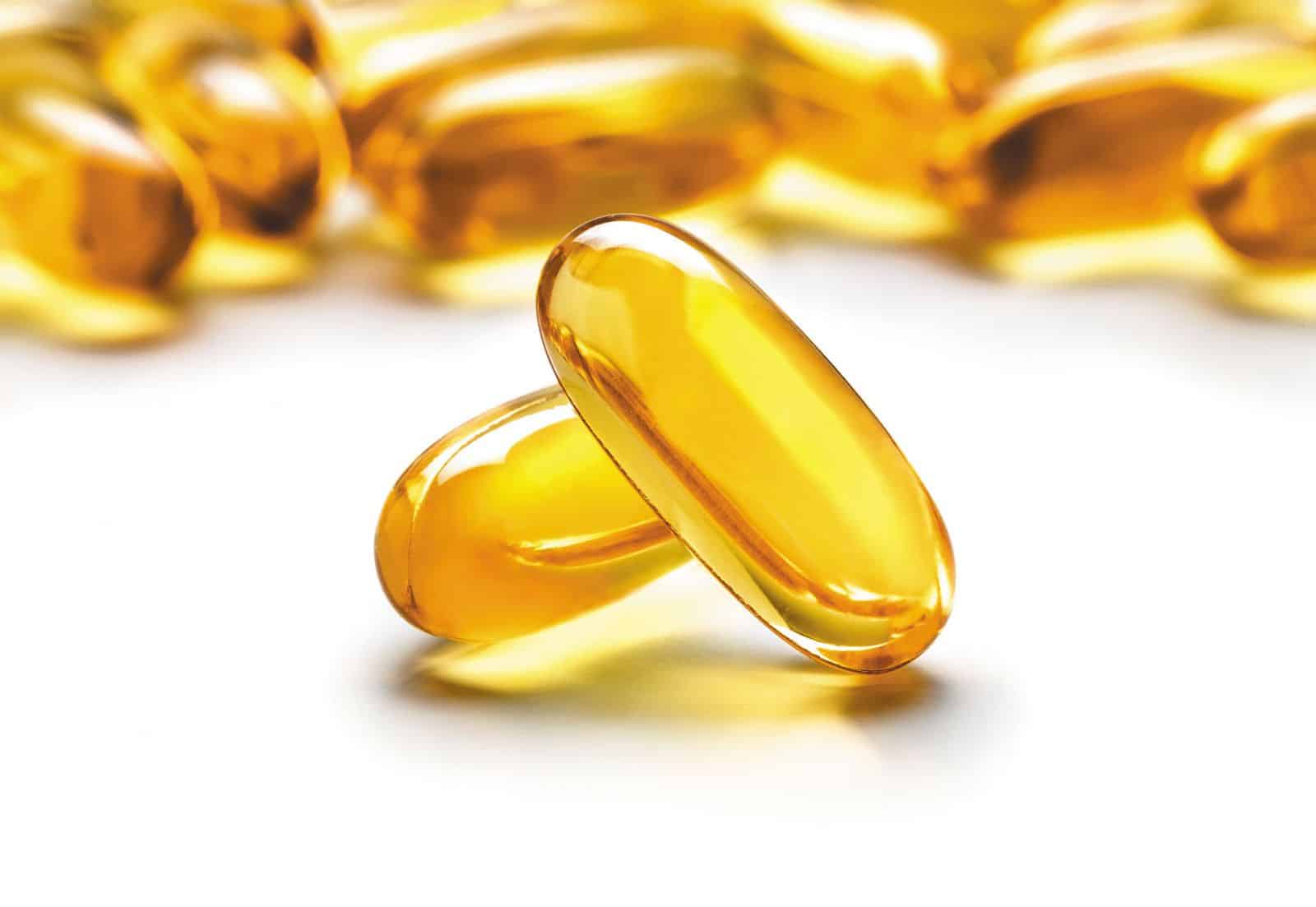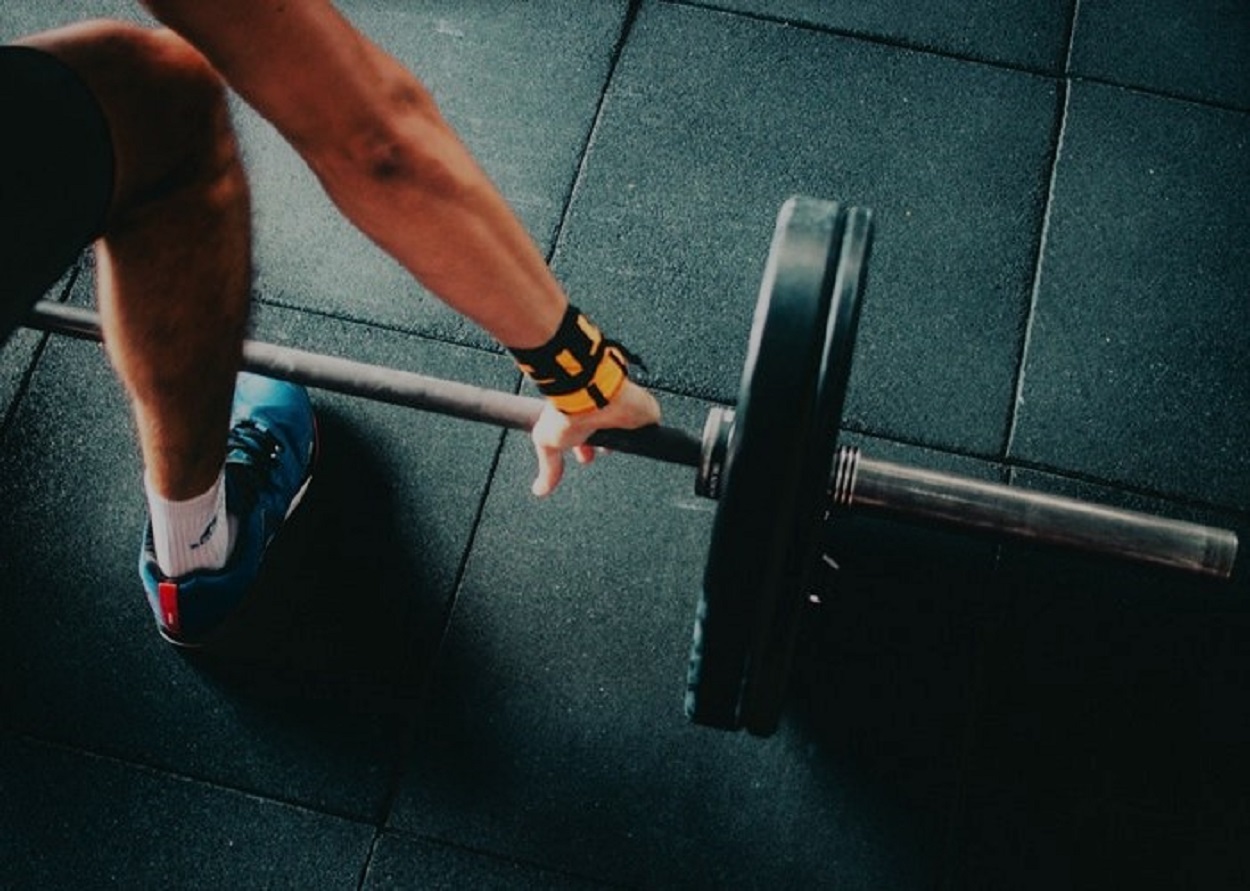In the sport of powerlifting, any advantage you can get to add another kilo to your competition total is welcomed. That might include supplements to help increase training volume, artificially bloat your capacity to hit heavy sets (and thereby get stronger through supramaximal stimulus), reduce fatigue, and improve recovery.
Regardless of whether you’re trying to add to your total
weekly training volume or just feel better during training, there’s a big
difference between genuinely getting stronger and simply breaking past some of
your body’s own natural limits, induced by fatigue and sleepiness.
Some supplements are genuinely helpful for adding muscle mass, improving recovery, and helping you cover nutritional deficits. Other supplements, however, are effectively helping you rob Peter to pay Paul, and should be used carefully, wisely, in the conscience of the damage they might wreak in the long-term.
Today, I’m going to go over some of the supplements I’ve
personally had experience with, the benefits they have, and whether they’re
useful, dangerous, or just not worth the hype.
Focus on the Basics
Before we get into today’s discussion, this entire topic should be frontloaded with an incredibly important point: do not misuse supplements as a substitute for the two big basics of recovery: food and sleep. There is an argument to be made for the usefulness of something like whey protein powder as a meal replacement when cutting, but in general, your supplements are meant to be supplementary to food and sleep.
DO NOT use caffeine if you’re feeling incredibly tired
before every session at the gym. And don’t think that adding some creatine and
beta-alanine to your daily supplement stack is somehow going to halve the time
it takes you to hit a new PR. The benefits of supplementation are often
indirect and incremental, with a greater difference the longer you’re using the
supplements versus had you started using them late.
That might mean an extra set or an extra rep per set, which leads to a couple of hundred extra kilos of volume per session, a couple of tons per month, and a little extra stimulus pushing your meet PR ahead a few kilos of what it might have been without the supplements.
Remember the Rule of 80-20
80 percent of what you’ll achieve comes from 20 percent of
the work you do. This is often misinterpreted. It doesn’t mean that, out of 10
training hours per week, only 2 of those hours were truly useful. It means that
if you’ve got 10 important recovery tools in your repertoire, two of them are
doing most of the work.
It means that if you’ve got about 20 accessory exercises that you rotate through when training for the big three, four are giving you the most bang for your buck. Supplements can help you eke out a little extra performance in and out of the gym, but don’t forget to credit most of your gains to the stuff that actually matters: training hard, sleeping long, and eating well.
There Are No Essential Supplements for Powerlifting
If you’re just starting out and you’re taking powerlifting quite seriously, please know that there is no essential supplement in this sport. You can be a great powerlifter and subsist entirely out of real food (not the stuff Rich Piana sold, RIP), basic recovery principles, and good programming.
You might not be the best powerlifter or the most competitive lifter in your area, but no supplements are necessary to compete and do well in this sport. The notion that a supplement might be essential completely defeats the point of supplementation. With that out of the way, let’s address the supplements that do work and are useful, and when/how you’ll want to take them.
Pre-Workout Supplements for Powerlifting
Caffeine
As you might’ve guessed, caffeine is not the only pre-workout ingredient you might take as a powerlifter, but it is by far the most common and the most important pre-workout ingredient. It is also the most dangerous (legal and FDA approved) pre-workout supplement you can take, because it’s incredibly easy to rely on caffeine to mask fatigue and rest problems, and overshoot during training sessions, grinding reps you shouldn’t and hitting AMRAPs (as-many-reps-as-possible sets) that lead to unreasonable training maxes.
Regardless of whether you’re using it irresponsibly or responsibly, caffeine acts as a safe and minor stimulant that improves performance. It leads to alertness by blocking adenosine receptors, which are responsible for picking up on a neurotransmitter (brain chemical) that builds up over the course of the day and tells you to go to sleep. Sleeping clears out the adenosine buildup, while caffeine simply allows you to ignore it, which is part of the reason why caffeine crashes are very real.
Caffeine also increases the amount of adrenaline and dopamine in your system, elevating your mood and heart rate. Its effects on adenosine receptors also lead to vasoconstriction (adenosine plays an important role in vasodilation, and is inhibited by caffeine), which increases your blood pressure.
Blocking adenosine also helps you perceive less pain and
exertion. Greg Nuckols’ excellent
article on the possible mechanisms of caffeine as explored by current and
past scientific literature is a great read if you want to learn more about the
substance that most adults in the modern world practically subsist on.
However, there’s more to pre-workout supplements than caffeine, of course. While I’d argue nearly all the benefit of most pre-workout supplements is the caffeine, there are a couple of interesting ingredients you’ll often find in (legal) pre-workout supplements.
Taurine
You’ll find this stuff in energy drinks, but it’s already present in high concentrations in your heart and muscle as is. There is some research that aims to figure out whether supplementing taurine has any real therapeutic benefit, but little research exists other than some potential heart-protective benefits and an antioxidant role.
L-Carnitine
Another big pre-workout ingredient, L-carnitine is linked to improved endothelial function (the inner lining of your blood vessels, causing them to constrict and dilate), greater power output, and greater recovery after exercise, as well as training volume. Only limited data is available, but it is a fairly well researched and very well-tolerated supplement.
Beta-Alanine
Yet another amino acid, beta-alanine is also a common ingredient
in pre-workouts and energy drinks. And yet again, it’s not involved in protein
synthesis. Instead, beta-alanine plays a role in intramuscular carnosine
storage. Carnosine
is produced by beta-alanine and histidine, an amino acid that’s abundant
and naturally occurring in your muscles. High carnosine levels are associated
with lower overall muscle fatigue and increased muscle
power output.
However, only a modest amount of beta-alanine is effectively
converted into carnosine. A lot of it is distributed in the nervous system and
skin. Some people report itching while supplementing with beta-alanine, possibly
due to how it interacts with nerves. Lower
doses can help trainees avoid the tingling sensation.
In conclusion, if you’re going to take any pre-workout, just
make sure it’s got a good amount of caffeine. Beware of high levels of caffeine
(try to stay at 300-500mg a day), and consider completely quitting all sources
of caffeine for two weeks at least once or twice a year (after a meet, during a
taper, or on an easier/deload week) to avoid reaching unsustainable levels of
caffeine tolerance.
Tolerance can build quickly, so avoid taking your
pre-workout for every single session, or take a half scoop on non-PR days. All
other ingredients might help incrementally, but caffeine is doing the bulk of
the work here.
Dietary Supplements for Powerlifting
Fish Oil
What we’re looking for here specifically are high levels of
EPA and DHA. Most fish oil products are sourced from mackerel, anchovies, and
salmon. These fish have high levels of the stuff because they’re consuming it
from plankton and other tiny aquatic life that subsist on microalgae, which are
a concentrated source of omega-3 fatty acids.
Vegans should avoid omega-3 supplements that are made with
ALA and stick to microalgae-based EPA and DHA. Pick whatever brand or source
you can afford but try to aim for about 1,000-3,000 combined mg of EPA/DHA,
which is about 2-3 fish oil soft gel pills depending on the brand.
Omega-3 fatty acids are touted as a heart-healthy fat, but
the reason I recommend this supplement is a little bit more complicated. Most
people don’t get enough omega-3, especially in relation to the amount of
omega-6 that they’re consuming, which is higher than ever especially in the
West due to the ubiquity of plant-based fats in processed foods.
We’re currently consuming an average ratio of between 1:10 and 1:50 omega-3 to omega-6, which is linked to increased inflammatory response. There’s also plenty of evidence to suggest that a lower ratio is not only heart-healthy but helps you lower your body fat. Managing inflammation properly is important for recovery.
Track your omega-3 and omega-6 intake with a calorie counter
like Cronometer, and try to get it as
close to 1:4 as you reasonably can without going bonkers with the fish oil
(that means lowering your omega-6 intake as well).
Protein
If you’re tracking your macros, and you’re already eating
your fair share of protein (1.6g
per kg of bodyweight is going to be enough athletes in a caloric surplus/maintenance,
and there’s little evidence to suggest you need more than 1.8g per kg even during
a deficit), then there’s no need to supplement with more.
But if you’re struggling to hit your macros or you’re
cutting weight, and you don’t want to have to consume a bunch of high-calorie
animal fat alongside your protein, then a scoop or two of whey protein (or some
other source of complete protein) can help you shore up your missing nutrients.
The benefits of a high protein diet when training as a
powerlifter are self-evident. Essential amino acids are critical for protein
synthesis, and the repairing and production of muscle fibers. Protein can boost
satiety and help you during a diet, although you’re probably better off eating
a massive salad or consuming a ton of fat-free popcorn for satiety’s sake
(especially because powdered protein doesn’t have the same satiety benefits as
a steak or a bunch of tempeh). Try to get most of your protein from actual food
sources, but there’s no shame in getting that last 24-48g from some whey, soy, hemp,
or pea protein.
If you’re vegan, you’ll want more protein than is originally recommended (2-2.7g per kg, depending on whether you’re bulking or cutting). This is because evidence suggests the body requires more plant protein to send muscle-building signals than if you were consuming animal protein, and plant protein also isn’t as readily absorbed by the body as animal protein, so you’ll want to assume some of it gets wasted in the process (more so than with animal sources). You lose even more protein when cutting (as some of it gets used as an energy source), hence the even higher recommendation.
Creatine
Perhaps the most well-researched supplement in this list, creatine monohydrate has a very large body of studies backing its effectiveness as an indirect performance booster, basically helping you get an extra set and rep in on some workouts, at no real cost (in terms of adverse effects) and a very low financial cost (the stuff is seriously cheap).
Rather than go over the mechanisms myself, given I’m a
layperson when it comes to these things, I’ll let Greg go over the more complicated stuff.
No, I’m not lazy; he’s just way better at explaining it.
P.S. if you’re a plant-based powerlifter, creatine is an
even better supplement than it might be for the average powerlifter. Meat
eaters already get some of the stuff through their diet, but you don’t.
When it comes to dosing, 5g a day is fine. You can
“frontload” with 20g, but I’ve never really understood the point of doing so.
You’re potentially risking gastrointestinal discomfort for getting the effects
of creatine just a week or two earlier than you otherwise would. And again,
while the effects are highly researched and certainly
beneficial, they’re still modest. Take a teaspoon a day and don’t worry
about it.
Never Expect a Tremendous Difference from Supplements
A lot of the benefits described in the literature above are
modest, and single studies or points of reference are not necessarily
illustrative of what you as a trainee may experience.
When experimenting with supplementation, be sure to set your
expectations low, start with a low dose, and avoid taking stimulants without
approval from a doctor or sports physician, particularly if you’ve got any
history of heart problems.
Never underestimate the power of an extra hour of sleep or a
better diet. Often the more basic recovery work will help you far more than a
new pre-workout or your daily 5g of creatine. I’m not anti-supplements by any
means – I take my fair share of caffeine, creatine, and a few other supplements
– but avoid crediting progress (or lack thereof) on any given supplement when
your training, rest, and diet are 95% of the reason why you’re as strong (or
weak) as you are.
Want to lift heavier and avoid injuries? 💪🔥
Download our FREE '5-Minute Warm-Up Routine for Maximum Lifting Performance' and get primed for every workout!
Click below to grab your copy now!👇
👉 Download the Free Guide




